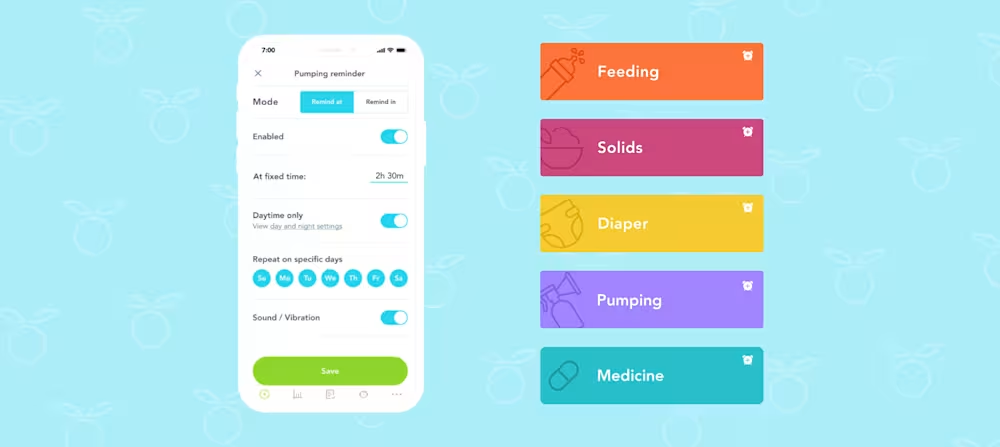How sleep can boost your child's immunity
Updated Oct 16, 2025

Boost your child’s immune system with ample sleep
Research shows that sufficient sleep is essential when it comes to health. Ensuring that your child gets an adequate amount of sleep can help boost their immune system and keep families healthy. While this is a high priority during flu and cold season, or while protecting against the spread of other illnesses — like COVID-19, healthy sleep habits are vital for health year-round.
Sleep and immune function
When you’re trying to keep kids well, we all know how important it is to wash their hands and make sure they eat nutritious foods. Just as important is making sure they get enough sleep.
During sleep, our immune system releases proteins called cytokines [], which fight infection and inflammation. When we don’t get enough sleep, cytokine production is suppressed. This means that lack of sleep lowers our immune system — leaving our bodies less able to effectively fight off illness and recover. Restful sleep helps your child's immune system to fight off infections like .
How much sleep does my child need?
While sleep needs vary, you can use our chart as a guideline to help determine whether your child is getting enough sleep. Don't focus on the numbers alone. Whether your child generally seems happy and well-rested should also be taken into account.

How can I increase my child’s sleep?
1. Age-appropriate schedule
Make sure that you’re following an when it comes to the amount of naps and the length of awake time in between sleep periods. This will help ensure that your child remains well-rested throughout the day. Limiting overtiredness at bedtime can also reduce night waking and help consolidate night sleep.
2. Sleep hygiene
Maintaining , such as following a consistent bedtime routine and shutting screens off an hour before bed can help ensure your child falls asleep easier and gets the rest they need.
3. Healthy sleep habits
When children fall asleep with parental help, we often see . If this sounds like your child, you might consider helping them learn to fall asleep with less help when they’re developmentally ready.
4. Expert analysis
Huckleberry Premium was created to make sleep consultations for children more affordable for families. We take into consideration the uniqueness of every family's lifestyle as well as their sleep goals when working to create a successful sleep plan. If you are interested in more personalized analysis and guidance for your child, sign up for .
Share article:
Note: The content on this site is for informational purposes only and should not replace medical advice from your doctor, pediatrician, or medical professional. If you have questions or concerns, you should contact a medical professional.
1 Sources
Share article:






